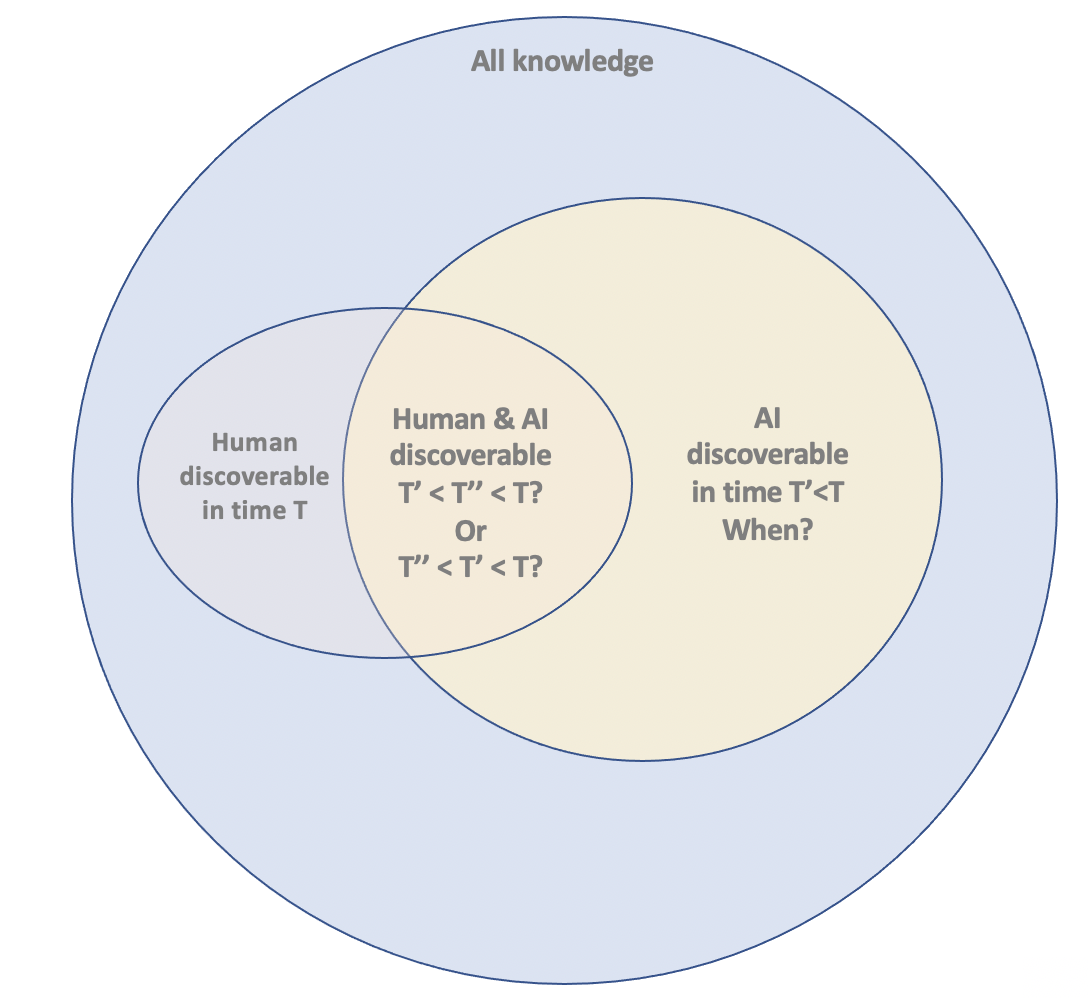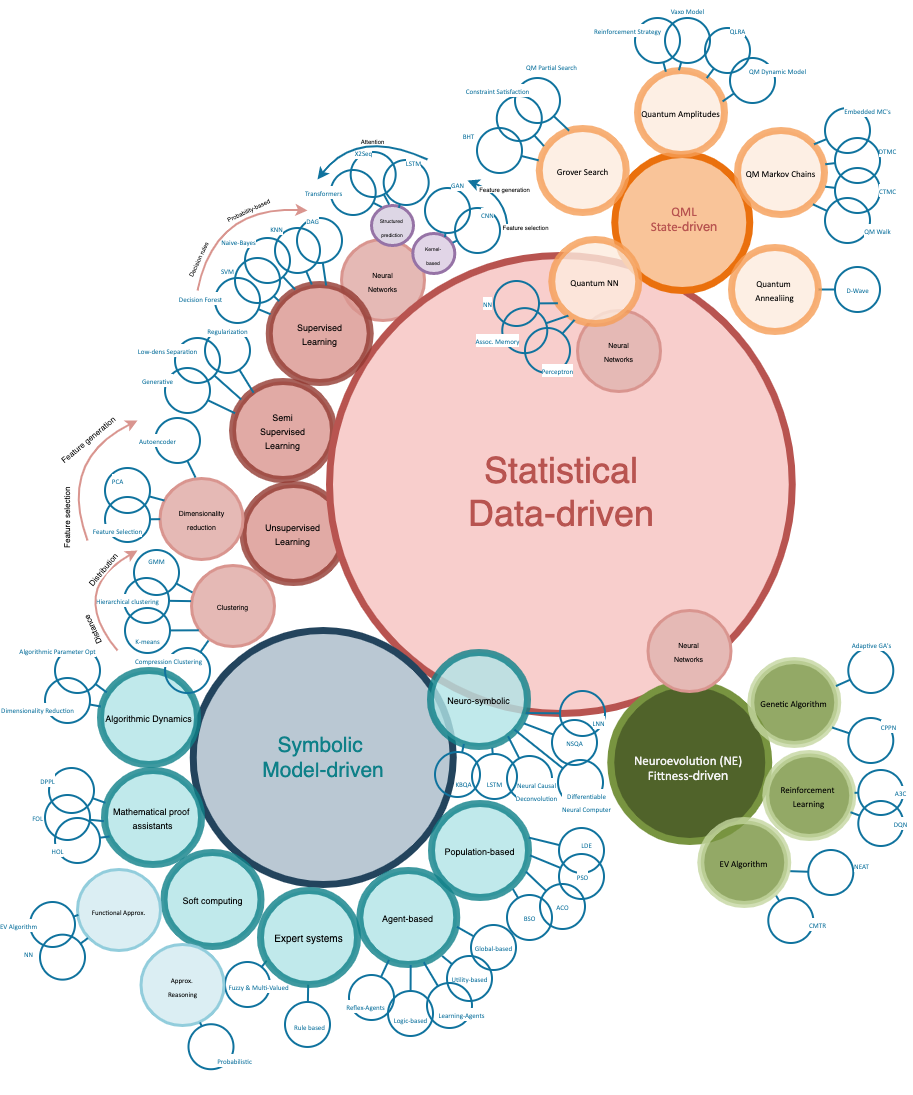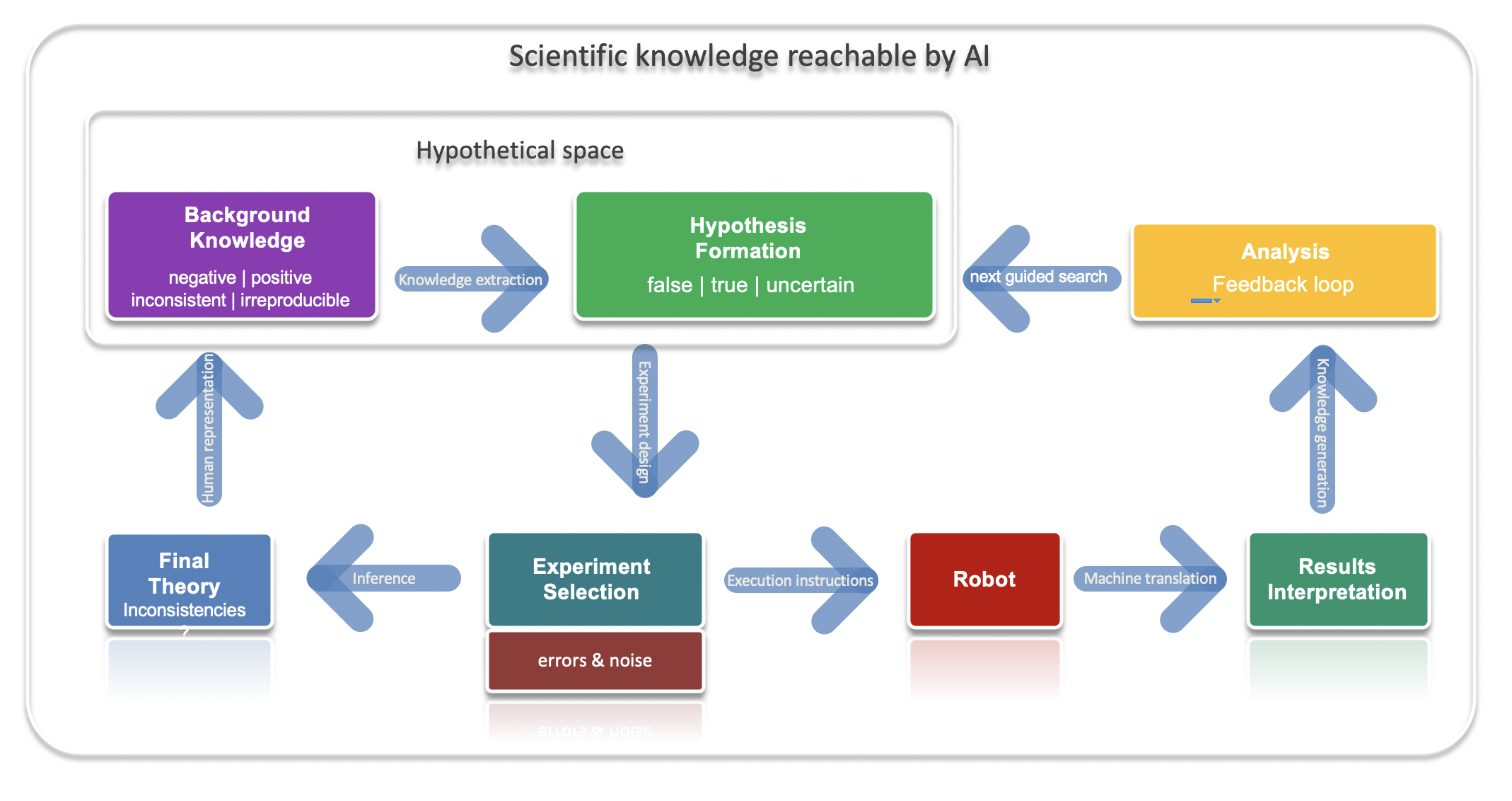- The paper introduces a novel closed-loop AI framework that automates hypothesis generation, experimentation, and model validation in scientific discovery.
- It demonstrates how integrating generative models with robotics and data-driven experimentation can overcome reproducibility and scalability challenges.
- The study highlights the potential of AI-led iterative processes to reduce human biases and accelerate the uncovering of new scientific laws.
The Future of Fundamental Science Led by Generative Closed-Loop Artificial Intelligence
The concept of integrating Generative Closed-Loop AI into scientific discovery is a forward-looking approach to addressing the complexities and inefficiencies currently facing fundamental science. This paper proposes a paradigm shift towards AI-driven research processes that can potentially automate and enhance human scientific endeavors.
Introduction
Scientific progress has historically hinged on mathematical modeling to understand natural phenomena. As natural phenomena are progressively digitized, machine learning accelerates scientific discovery, raising questions on discovery speed, considering both AI's contributions and its potential limitations. The crux lies in AI's underutilization in formulating new explanatory scientific models compared to its prowess in classification and gaming, hence calling for a novel approach.
Recent AI advancements, powered by vast data and computation, target problems like pattern recognition and object classification. However, the "black-box" nature of neural networks prompts an expansion into AI models inspired by neuroscience, geometric structures, and physics-informed learning. These developments underline the emerging "AI4Science" field, focusing on open-ended, autonomous exploration of hypotheses to discover fundamental scientific principles.
Challenges in Scientific Discovery
The challenges in transcending current AI applications to fundamental science are manifold. One significant barrier is the propensity of AI, particularly statistical machine learning, to fall prey to over-parameterization and overfitting due to reliance on large-scale datasets instead of intrinsic scientific principles. Deep neural networks' black-box characteristics inhibit the transparent discovery of new scientific laws.
Generative models, through adversarial learning, may unfold by systematically tampering with data and generating novel instances to understand model limitations. Despite their potential, AI models often rely heavily on human-programmed statistical methods. These methodologies lack the robustness needed for abstraction, inference, and causation—elements crucial for formulating scientific laws.

Figure 1: A quantitative framework of domain-agnostic acceleration of scientific discovery with AI, showcasing its potential to outperform traditional human-led workflows.
AI in a Closed-Loop Scientific System
In a closed-loop system, AI iterates through hypothesis generation, experimentation, and model validation with minimal human oversight. It harnesses its computational prowess and scalability to execute hypothesis-led experiments that are merely speculative on a human scale. AI's integration into laboratory automation can efficiently tackle reproducibility issues endemic in scientific research.
Experimentation and sensing can benefit from AI-driven automation, with robotics performing repetitive, complex experiments more reliably than humans. The subsequent challenge is feeding AI with empirical data and advanced hypothesis testing through automated systems, enabling the discovery process with continual and iterative feedback for refinement.

Figure 2: Bubble landscape of current approaches to AI from and for science, including generative AI and LLMs.
Knowledge Representation and Integration
AI systems' interpretability remains a challenge, especially when interfacing with established scientific theories and human knowledge. Generative AI (GenAI) and LLMs signify a transformative opportunity in processing natural languages as vehicles for scientific communication. They have the potential to consolidate diverse datasets into a cohesive, queryable format facilitating scientific breakthroughs through enhanced data interpretation and hypothesis exploration.

Figure 3: Visual representation of the closed-loop full experimentation cycle for AI-led scientific discovery pathways.
Conclusion
The proposed generative closed-loop AI systems underscore a transition in scientific discovery paradigms—it necessitates adopting AI as a collaborator in research, minimizing human biases, and enhancing reproducibility. These automated systems forecast a trajectory where AI doesn't merely augment but leads scientific discovery, uncovering new natural laws through autonomous, iterative cycles. Addressing current scientific challenges such as reproducibility, scalability, and integration of multifaceted knowledge could be pivotal in using AI to solve existential challenges like climate change and disease mitigation in the near future.


